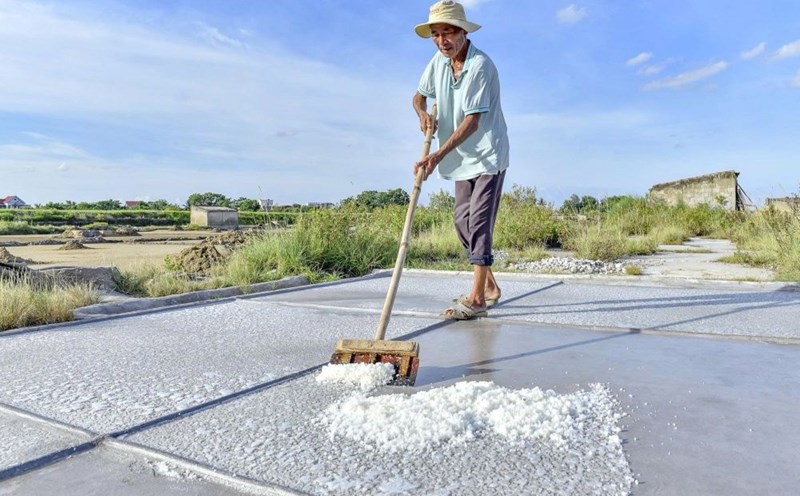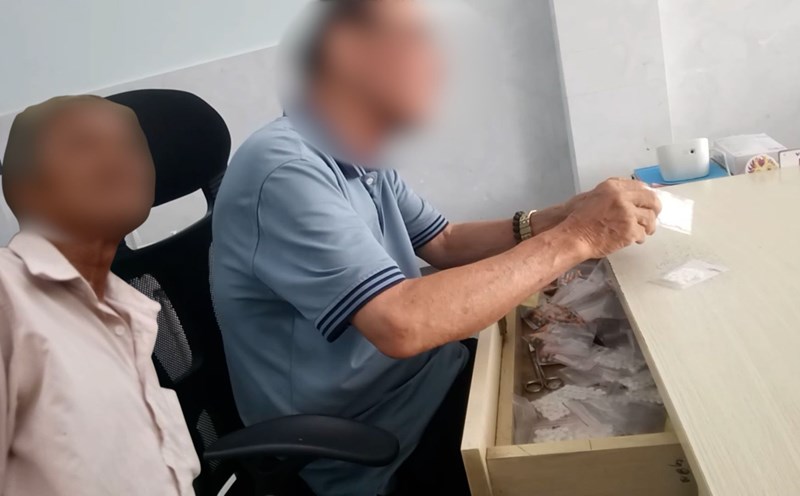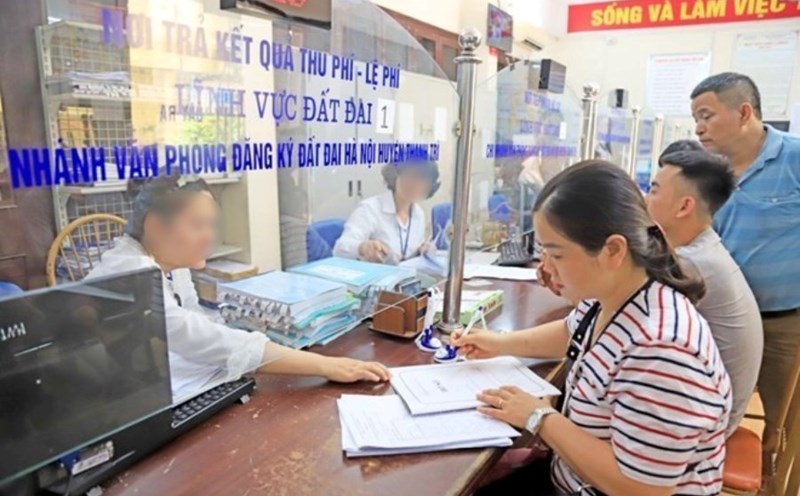Salt is an essential spice in the kitchen and daily life, but excessive consumption is silently threatening the health of millions of people. According to the World Health Organization (WHO), there are about 1.89 million deaths related to excess salt consumption each year, mainly due to cardiovascular diseases, stroke and kidney failure.
According to research from The Nutrition Source of the Harvard School of Public Health, salt contains 40% sodium - an ingredient directly linked to many serious health risks. High sodium levels have a significant impact on cardiovascular health, brain and kidney function, said nutritionist Anshul Jaibharat, a senior fellow at the Anshul Health & Nutrition Center (India).
Risks of eating too much salt
High blood pressure: Sodium causes the body to retain water, increasing blood volume and pressure on blood vessels.
Heart disease: Prolonged high blood pressure leads to heart damage, increasing the risk of heart attack and heart failure.
Stroke: Damaged blood vessels increase the risk of stroke.
Kidney failure: The kidneys have to work too hard to filter sodium, which can easily lead to damage and impaired function.
How much salt is enough?
WHO recommends not consuming more than 2,300 mg of sodium per day (equivalent to 1 teaspoon of salt). For people at high risk or who already have high blood pressure, this number should be limited to 1,500 mg/day.
However, according to a report from the Indian Medical Research Council, indians average consume up to 10 - 12 grams of salt per day, double the allowable level.
Tips to reduce sodium to live healthier
Expert Anshul Jaibharat shares 5 effective methods to control sodium in the diet:
switch to low-sodium salt: Sals containing potassium instead of sodium can help lower blood pressure.
Cook at home: Preparing your own dishes helps you proactively control the amount of salt used.
Prioritize whole foods: Fresh vegetables, whole grains, and unprocessed meats are typically less sodium-dense.
Try the DASH diet: A diet rich in vegetables, fruits, and lean protein, helps reduce blood pressure effectively.
Change your eating habits: Don't add salt to your dishes before handling. Getting used to the natural flavor of the food.
In addition, using natural spices such as garlic, pepper, coriander... is also a way to enhance the flavor without having to depend on salt.
We do not need to completely cut out salt, but controlling daily sodium intake is necessary to prevent cardiovascular disease and improve longevity, Jaibharat emphasized.
Increasing exercise, maintaining a reasonable weight and checking blood pressure periodically are important steps to control the impact of sodium on health.











